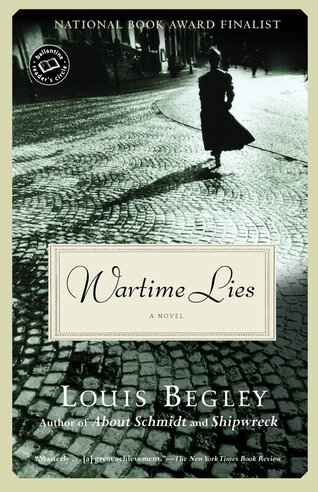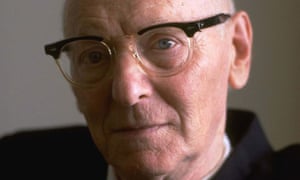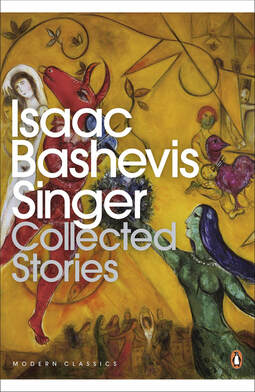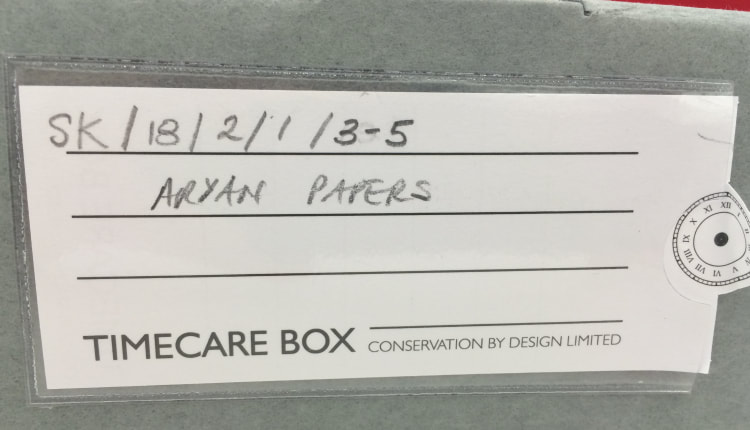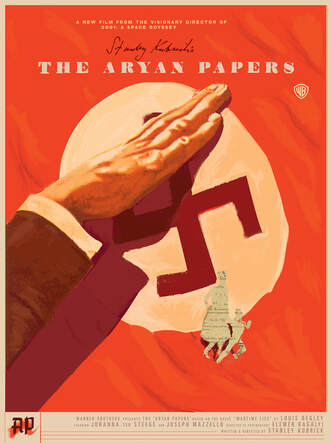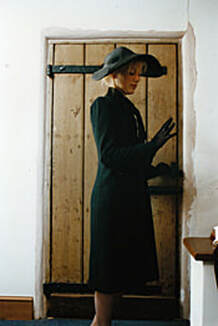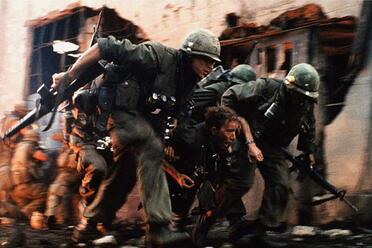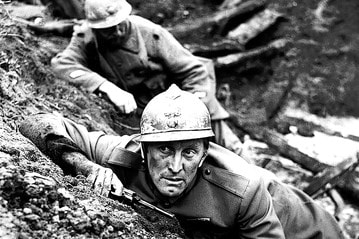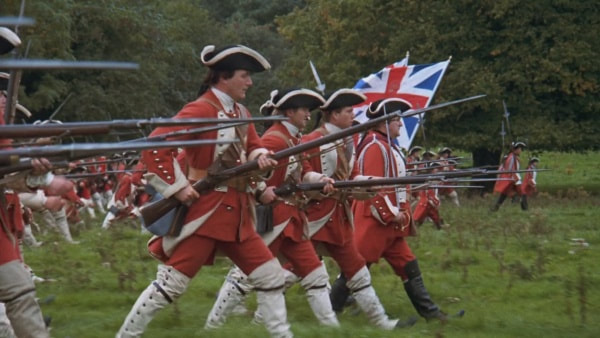ARYAN PAPERS: Kubrick's Never Completed Holocaust Movie
"she would tell me I was her own cretin monster, her own nightmare...."
Underlined dialogue from Kubrick's working copy of source novel 'Wartime Lies' : Stanley Kubrick Archives SK 18/2/1/1-2
"I was seeing what happens if one is turned into a small animal like a rabbit...."
Underlined dialogue from Kubrick's working copy of source novel 'Wartime Lies' : Stanley Kubrick Archives SK 18/2/1/1-2
"... by assuming false identities they survive the war."
Kubrick's own notation on pages of his source novel Stanley Kubrick Archives SK 18/2/1/1-2
Why Kubrick's Interest in making Wartime Lies into a movie ?Kubrick's intention to make a movie out of Begley's novel is understandable because the book contains several elements that feature in the director's cinematic oeuvre. Kubrick's conviction of the innate human propensity to violence in all its forms is an essential theme in his movies and one that is revealed again in his drafts for Aryan Papers. Depictions of war in various centuries feature in Paths of Glory and Dr. Strangelove, Barry Lyndon and Full Metal Jacket. Violence in other forms are portrayed in The Killing, Clockwork Orange, Barry Lyndon, 2001 and Eyes Wide Shut. And Kubrick's fascination with human behaviour under the impact of stress in its various forms is a recurrent theme in every movie he made. The plot of Wartime Lies and its emergence in Kubrick's drafts the proposed movie focuses on a young Jewish woman (and her nephew) attempting to evade the Nazi round-up of Jews also had some resonance for the director/ Not only was Kubrick Jewish, his wife Christiane was a German Jew whose childhood and youth was spent in Germany during the 1930s and the second world war. Kubrick was hardly an observant Jew -nor were his parents - but the influence of Judaism on his work remains a matter of some controversy. |
What steps did Kubrick take in preparing to make Aryan Papers ?Kubrick spent considerable time and energy in preparing to convert Wartime Lies into a a movie. The evidence contained in the boxes of material in the Kubrick Archives reveals that the director painstakingly read the book several times and selected key elements for their cinematic and narrative potential. He drew up draft script outlines, and decided on a cinematographer, locations, ran screen tests and even selected a Dutch actress Johanna Ter Steege to play the crucial role of a beautiful and determined Polish Jew who helps her young nephew escape the Nazi roundup.
|
